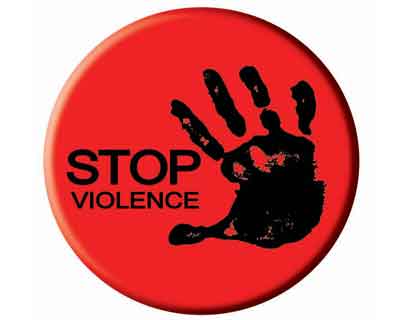- Home
- Medical news & Guidelines
- Anesthesiology
- Cardiology and CTVS
- Critical Care
- Dentistry
- Dermatology
- Diabetes and Endocrinology
- ENT
- Gastroenterology
- Medicine
- Nephrology
- Neurology
- Obstretics-Gynaecology
- Oncology
- Ophthalmology
- Orthopaedics
- Pediatrics-Neonatology
- Psychiatry
- Pulmonology
- Radiology
- Surgery
- Urology
- Laboratory Medicine
- Diet
- Nursing
- Paramedical
- Physiotherapy
- Health news
- Fact Check
- Bone Health Fact Check
- Brain Health Fact Check
- Cancer Related Fact Check
- Child Care Fact Check
- Dental and oral health fact check
- Diabetes and metabolic health fact check
- Diet and Nutrition Fact Check
- Eye and ENT Care Fact Check
- Fitness fact check
- Gut health fact check
- Heart health fact check
- Kidney health fact check
- Medical education fact check
- Men's health fact check
- Respiratory fact check
- Skin and hair care fact check
- Vaccine and Immunization fact check
- Women's health fact check
- AYUSH
- State News
- Andaman and Nicobar Islands
- Andhra Pradesh
- Arunachal Pradesh
- Assam
- Bihar
- Chandigarh
- Chattisgarh
- Dadra and Nagar Haveli
- Daman and Diu
- Delhi
- Goa
- Gujarat
- Haryana
- Himachal Pradesh
- Jammu & Kashmir
- Jharkhand
- Karnataka
- Kerala
- Ladakh
- Lakshadweep
- Madhya Pradesh
- Maharashtra
- Manipur
- Meghalaya
- Mizoram
- Nagaland
- Odisha
- Puducherry
- Punjab
- Rajasthan
- Sikkim
- Tamil Nadu
- Telangana
- Tripura
- Uttar Pradesh
- Uttrakhand
- West Bengal
- Medical Education
- Industry
Violence against Indian Doctors reverberates at World Medical Association meet

A warning about an increase in violence against physicians and a general disrespect for medical and health institutions in both civil and conflict situations has come from the Chair of the World Medical Association Dr. Ardis Hoven.
Dr. Hoven, who was addressing a Health Care in Danger side event at the 70th World Health Assembly in Geneva, said that the decreasing threshold for using violence in conflicts such as Syria and Turkey could also be observed in civil situations. Violence in health care was occurring on a daily basis across China and India, as well as in Europe and America, where patients or relatives were trying to sort out their problems with verbal or physical abuse.
The event in Geneva, organized by the Swiss and Canadian Governments, was held to mark the first anniversary of the Security Council resolution strongly condemning attacks on medical personnel in conflict situations. The resolution demanded an end to impunity for those responsible and respect for international law on the part of all warring parties.
D. Hoven said: ‘We need much more attention paid to the increasing violence in civil situations. Here, there is an urgent need for better protection. Facilities have to be secured against bringing in weapons, especially firearms and knives. Hospitals and clinics must be weapon free. And in conflict situations, health care personnel and facilities are becoming weapons of war and this must end.
‘We need better legal protection for medical and other health professionals as many countries already do for law-enforcement officers. Whoever attacks a nurse, physician or another health worker, regardless whether this is a verbal or physical attack, must know that he or she will be severely punished for it.
‘Finally, the decreasing threshold for using violence in civil situations is a question that points directly to the social determinants of health. They must come more into our focus. We must learn what the underlying reasons are for this trend to use more violence’.


